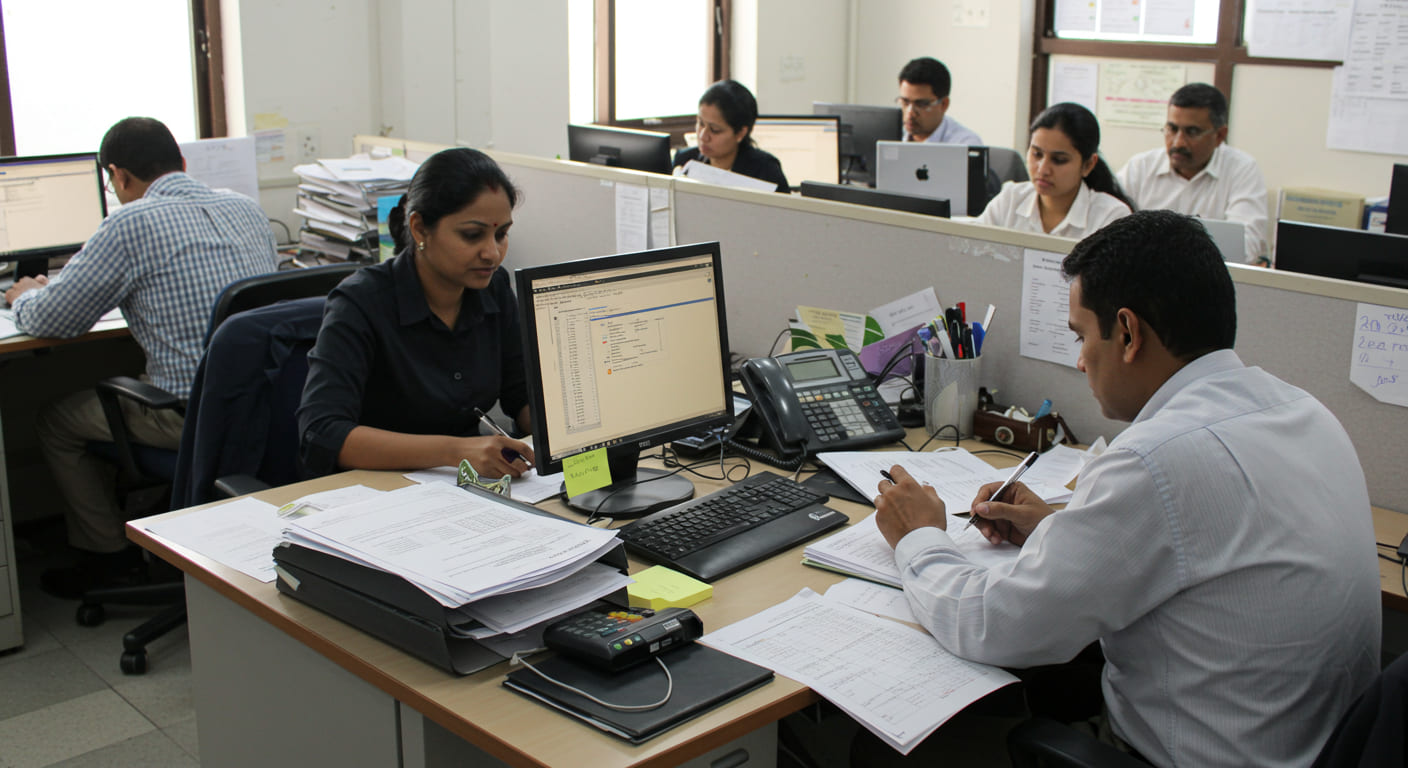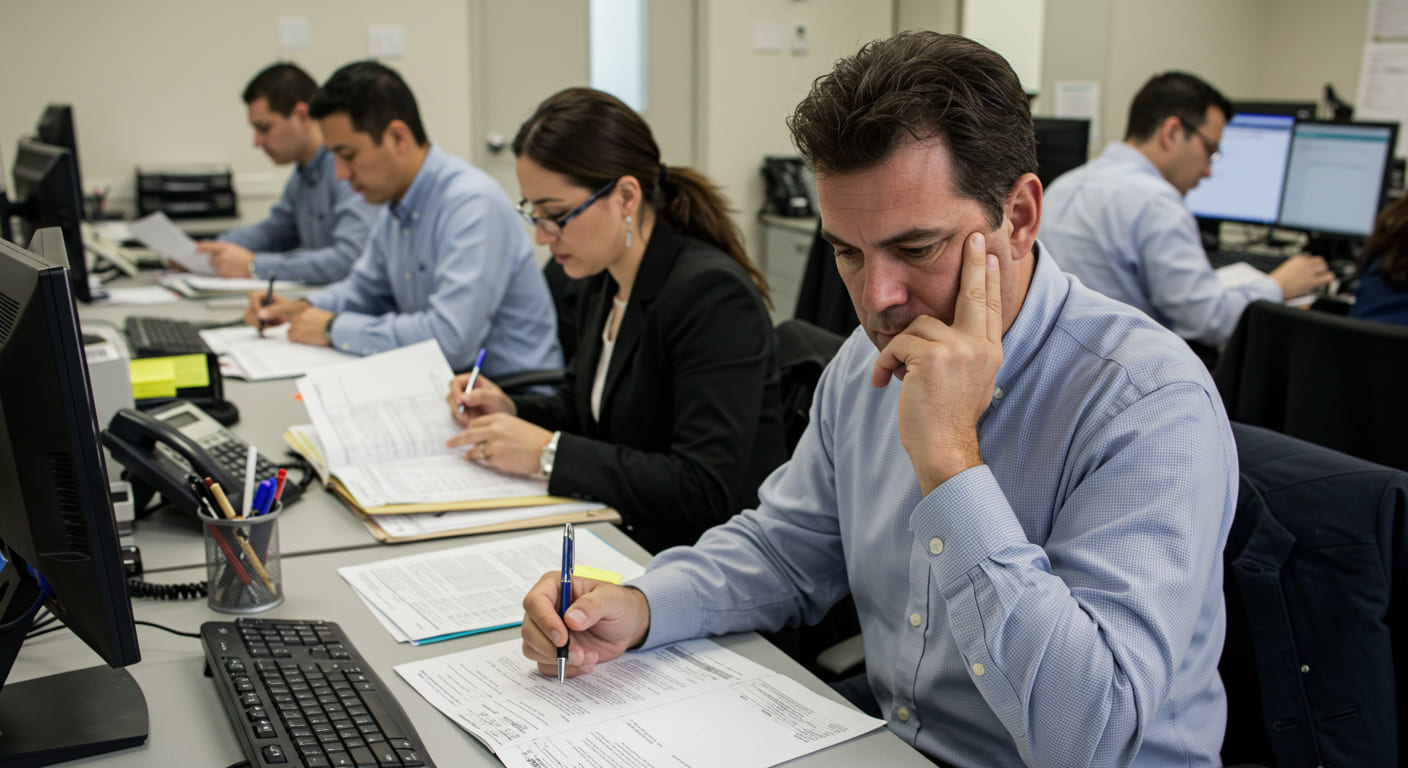Managing taxation in foreign trade requires advanced technical knowledge, especially when it comes to special customs regimes such as RECOF and Temporary Admission. While they provide significant opportunities for tax and logistical efficiency, these regimes also bring considerable risks when poorly managed.
This article explains how RECOF works, the key accounting precautions, and how CLM Controller can help your company avoid tax liabilities and maintain compliance.
What is RECOF and What Are Its Benefits?

RECOF is one of the main special customs regimes used by companies engaged in the export of manufactured goods.
It allows businesses to import or purchase domestically raw materials, inputs, and components with suspended taxation, provided these items are used in the manufacturing of goods destined for export or the domestic market, according to the regime’s rules.
RECOF is governed by specific Federal Revenue regulations and requires companies to maintain a computerized control system previously approved by tax authorities.
This system must ensure full traceability of goods from entry into the country until their exit — whether by export, nationalization, or destruction. Fiscal monitoring is based on these digital controls and periodic reports.
Company Eligibility

To be eligible for RECOF, companies must meet certain criteria such as:
- minimum economic size,
- fiscal compliance,
- adequate technological infrastructure, and
- the capacity to comply with the regime’s operational requirements.
Adopting RECOF represents a major shift in how businesses manage inventory, production, and taxation, requiring alignment among accounting, tax, foreign trade, and IT departments.
It is particularly strategic for exporters in industrial, aeronautical, automotive, and electronics sectors.
Main Benefits of RECOF

While not risk-free, the RECOF regime brings key advantages:
- suspension of taxes such as II, IPI, PIS/PASEP, COFINS, and AFRMM;
- faster logistics and customs clearance;
- flexibility for partial nationalization of products;
- reduced financial costs related to taxation;
- stronger international competitiveness.
These incentives enable more strategic use of working capital and improved financial indicators. However, strict accounting control and compliance with Federal Revenue requirements are essential.
How Does the Temporary Admission Regime Work?

Temporary Admission allows goods to remain in Brazil for a fixed period with full or partial suspension of taxes.
It is commonly used for events, fairs, testing, industrial processes, or specific projects. Examples include rented equipment for projects, exhibition goods at international fairs, or product testing in the Brazilian market.
Types of Temporary Admission
- Proportional tax payment: for long-term use.
- Full suspension: if the good returns abroad within one year (renewable).
- Exemption: for cultural, scientific, or sports events.
Correct application depends on specific documentation, strict deadline monitoring, and compliance with legal requirements. Poor management may result in full taxation plus penalties.
Risks of Mismanaging These Regimes

Despite their advantages, both regimes require close attention. Lack of accounting and documentation control often leads to severe penalties. During audits, the Federal Revenue frequently questions goods traceability or documentation consistency with the granted tax benefits.
Risks increase with large-scale and complex operations, especially for companies with multiple branches, simultaneous transactions, and reliance on international suppliers.
Common mistakes include incorrect Siscomex records, inconsistencies between invoices and DU-E (Export Declaration), and failure to meet legal deadlines.
Main Risks
- Loss of tax benefits if export/re-export deadlines are missed.
- Retroactive tax collection with fines and interest.
- Inconsistencies in accounting/tax reports subject to audit.
- Exclusion from the special regime by Federal Revenue.
- Significant tax liabilities affecting company cash flow.
Common Accounting Failures

Frequent issues include:
- inefficient inventory control,
- incomplete or noncompliant documentation,
- errors in fiscal classification and NCM,
- lack of traceability for temporarily admitted goods.
Companies with multiple branches face additional challenges centralizing control, which demands tight integration between tax, accounting, and foreign trade teams.
Best Accounting Practices to Avoid Penalties

To ensure compliance, businesses must adopt consistent accounting and operational practices. A culture of compliance and prevention is essential.
Key Best Practices
- integrate accounting systems with logistics and customs management,
- conduct regular internal audits of import/export processes,
- strictly monitor deadlines for goods under special regimes,
- prepare detailed traceability reports for each item,
- ensure all fiscal and customs documents are accurate and properly archived.
These measures prevent penalties while providing legal certainty and operational efficiency.
Specialized Accounting Expertise

Accountants must master Federal Revenue regulations and systems such as Siscomex and the digital control required under RECOF.
Lack of expertise may compromise the entire tax strategy. Companies should rely on professionals who understand both fiscal and financial impacts of each recorded operation.
The Role of Compliance in Special Regimes

Compliance is the foundation for successfully applying RECOF and Temporary Admission. Beyond legal obligations, accounting serves as a strategic tool for tax intelligence.
Well-structured accounting enables full use of regime benefits with legal certainty and operational efficiency. This includes product traceability, proper fiscal coding, and timely reporting.
Companies treating accounting as merely reactive are more exposed to risks. Those integrating accounting into tax strategy, with specialized support, turn special regimes into competitive advantages.
How CLM Controller Supports Businesses with RECOF and Temporary Admission

CLM Controller acts as a strategic partner for companies operating in foreign trade under RECOF and Temporary Admission.
Our support includes:
- specialized accounting team in customs legislation,
- monitoring deadlines and legal requirements,
- document review and organization,
- preventive audits,
- support in communications with Federal Revenue,
- assistance with implementing digital control systems,
- compliance policies for special regimes.
Additionally, we identify opportunities for improving internal controls and provide management reports to support strategic decision-making and mitigate regulatory risks.
Final Considerations
Compliance with RECOF and Temporary Admission demands strict control over accounting, deadlines, and documentation. With specialized support, companies can turn these regimes into drivers of competitiveness and tax efficiency.
Count on CLM Controller to structure your operation safely, avoid risks, and maximize benefits from special customs regimes. Contact our specialists today!





0 Comments